
Where to Begin?
All beginnings of anything are difficult, but all the more so with hitbodedut (personal prayer). Read Rabbi Arush's great advice that really works!

A Clear Answer
“Bereishit” is the beginning of the Torah, the beginning of the world. The Shabbat when we read Parashat Bereishit is the beginning of the new year. Therefore, Parashat Bereishit is the right time to speak of beginnings.
For many years already, the Creator has given me the merit of awakening Jews to the way of the personal prayer, the hitbodedut. And one of the most frequently asked questions I’ve encountered over the years is: “Where should I begin?”
Indeed, that is a reasonable question. A person coming to an hitbodedut wants to speak to Hashem about everything, share everything with Him, do teshuva (repentance) and cheshbon nefesh (take account), and pray about everything that is disturbing him or her.
And this means, actually, that when a person begins his hitbodedut, he is overwhelmed by a huge wave of thoughts and feelings that was just waiting to be channeled into his hitbodedut. Everything that happened to you today, all your challenges. You have feelings of guilt, and of missed opportunities, and you want to cover so many topics and ask for so many things – “the needs of Your nation, Israel, are many and their understanding is limited.” It is very confusing. You need a starting point. What is it?
The answer is unequivocal: You always start with thanks! You always start with thanking Hashem!
You would think, how can one make such a definite rule? Hitbodedut, after all, is a personal encounter, and perhaps each person has different things suitable for him?
True, it is very hard to make rules for hitbodedut, but there is one exception: the rule of starting it by giving thanks to Hashem. Because thanking Hashem is the beginning of everything, the beginning of life and the beginning of prayer. Because gratitude is the root of everything good. It is the basis upon which all the good middot (personal traits) stand – everything. And therefore, the Sages arranged our prayers so that only after Pesukei Dezimra and the praises in the blessings surrounding Kriyat Shema, and a few more blessings of praise at the beginning of the Shemonah Esrei – only then do we begin to ask for things!
Snowballing
Gratitude is also the tikkun (rectification) of the world. Because all the ruination of the world began from a lack of gratitude.
Adam HaRishon was in Gan Eden – in the perfect place, under perfect conditions. All he had to do was thank Hashem. And he should have understood that without having to be told. He was a very great man. He understood on his own that nothing would grow without prayer, and he prayed for all the vegetation, which then appeared above ground.
And once everything was growing and blooming – what was he to do? Thank Hashem for all the wonders of Creation. We cannot even imagine what beauty and grace, delicious flavors and fragrances were there. So, you don’t understand that one must give thanks?
And indeed, the sin of Adam HaRishon that happened on the first day of creation was the result of lack of gratitude. Because a person who appreciates everything he has and thanks Hashem for it – whatever lack he has doesn’t bother him in the least. What lack did Adam HaRishon have? One tree! One of an infinite number of trees! But when you do not give thanks and do not appreciate, this little lack expands and fills your whole being.
And naturally, after the sin, the snowball continued to grow and Adam continued to be ungrateful: He complained about the woman that the Creator had created for him so that life would be good for him, and he blamed her: “The woman You gave me….”
Think about it: If Adam HaRishon would have started off the world with thanking Hashem, everything would have been different. Completely, completely different. Because there is a rule that gratitude brings more gratitude. You thank, and you will be given further reasons to thank, more chessed, more yeshuot What a beautiful world we would have had if Adam HaRishon had started off with giving thanks.
Place on the Scales
And you too, and every one of us – start everything by giving thanks. Anything begun with thanks looks completely different. A Jew starts his day with “Modeh ani” because that is always the beginning of everything. Begin the hitbodedut with gratitude and you will see that you will have wonderful siyata dishmaya (help from Above) to also confess and do teshuva out of hope and not out of despair. And also, you will receive everything you ask for.
Two spouses converse. Before talking about problems, start with thanking one another and Hashem for the good things in your lives. If you are talking with your son, or your daughter, before the criticism and the mussar, start off with words of gratitude, and the entire conversation will flow better. The same thing when you talk with the educational staff in a school, and when you talk with your boss at work, directors and investors, and workers. After you thank them and show your appreciation – any claim of yours will be heard and accepted completely differently.
Live gratitude in every realm of your life; accustom yourself to giving thanks. As I have already written, we learn from Chazal that it was important for them to institute blessings for every pleasure. Continue in this direction and thank Hashem for every pleasure you have. This is your payment to Hashem, as we have already written, in the name of the midrash: “Yisrael has nothing with what to pay the Holy One, Blessed Be He, besides thanks only”. Pay for your good health, and for everything you have at home, from shoelaces to table and chairs, from needle and thread to air-conditioner and refrigerator.
Indeed, the blessing of borei pri ha’adama covers all types of vegetables. But Rabbi Nachman, after he would make the blessing once as is prescribed, would add more thanks – without mentioning Hashem’s name and kingship, of course – for every vegetable separately: “Thank you for the cucumber, thank you for the tomato.” Because every vegetable provides its own type of pleasure and should be paid for separately. You wouldn’t say to the checkout cashier in the supermarket, “I paid for the squash and had in mind all the other vegetables I bought.” He would say to you: “Put everything on the scales, dear sir!”
Give thanks for everything in your life! Thank Hashem for every small pleasure you have in life, place it on the gratitude scales!
Also, there are things that have no bracha (blessing) attached to them. One does not say a bracha on spices; they are secondary to the food and the blessing on the food covers them. But they contain all the flavor and beauty and grace of the eating, so say thank you for every spice, and for the olive oil and the lemon juice in the salad. Pay! Pay for everything that causes you pleasure.
According to this, one can understand why the teshuva of Adam HaRishon was to say, “A psalm, a song for Shabbat. It is good to sing to Hashem!” He understood his mistake. “Good” means only to thank Hashem. That is what he should have done.
The Gate to Hashem
According to this, I explained the difference between the Wayward Son, who hasn’t transgressed at all and is judged only by the outcome, because it’s better that he die innocent and not guilty, and Yishmael who was sick, and the angels said to the Holy One, Blessed Be He, “He is going to kill Your sons” and Hashem said to them: “I’m not looking at that. I’m looking at him as he is now.” Why not say about him, as well, “It’s better that he die innocent”? What’s the difference?
The difference is that the Wayward Son is ungrateful. “He does not listen to his father and mother.” Being ungrateful is the root of all evil. There is no hope of his changing direction. Therefore, it is better that he die now already, while still innocent. But Yishmael loved and respected his father. He ran and helped him prepare the feast for the guests. He learned emuna (faith) and thankfulness in the house of his father. So, he wasn’t completely bad. He had good roots. Therefore, they gave him a chance, and indeed, Chazal say that at the end of his life he did teshuva!
We will conclude with the empowering words of the Tiferet Shlomo:
When you come to ask Hashem for something – there are gates; you won’t be let in. So, shout: “Open for me the gates of righteousness, that I may enter them and thank Hashem.” All I want to do is thank Hashem! And then the gates open immediately, because “This is the gate of Hashem, through it the righteous will enter.” And what is written immediately after that? “Please save us, Hashem; please grant us success.” Because when you are already inside, due to the thanking and the gratitude – so you can ask for any salvation, and you will experience miracles and salvations!



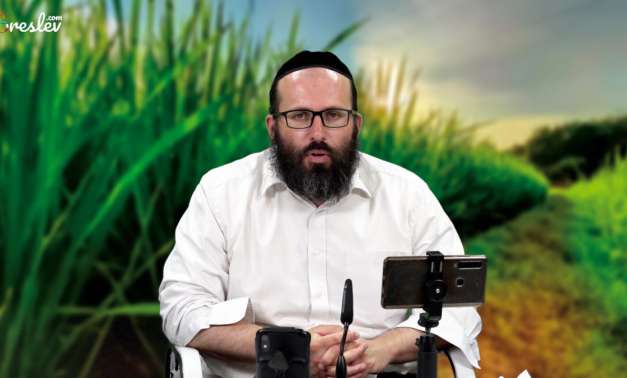
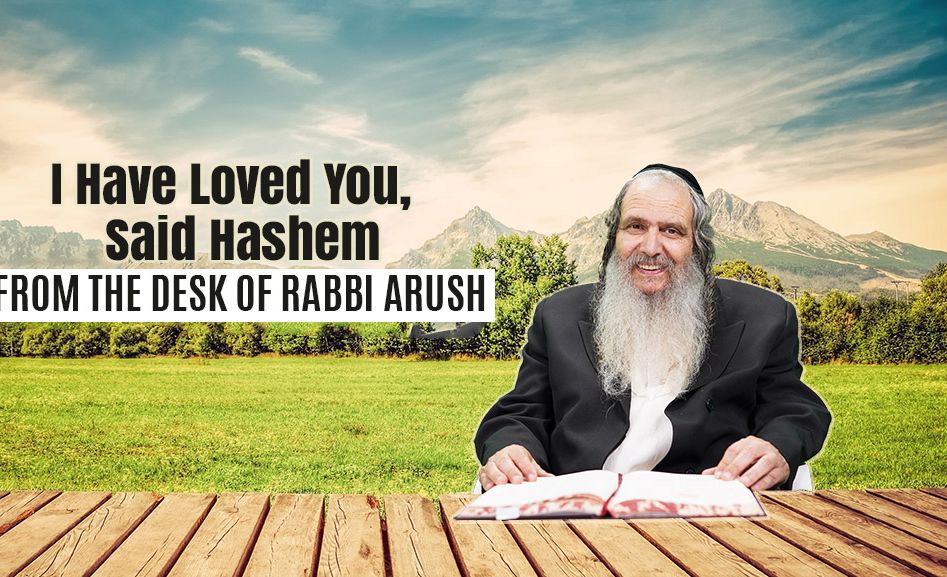
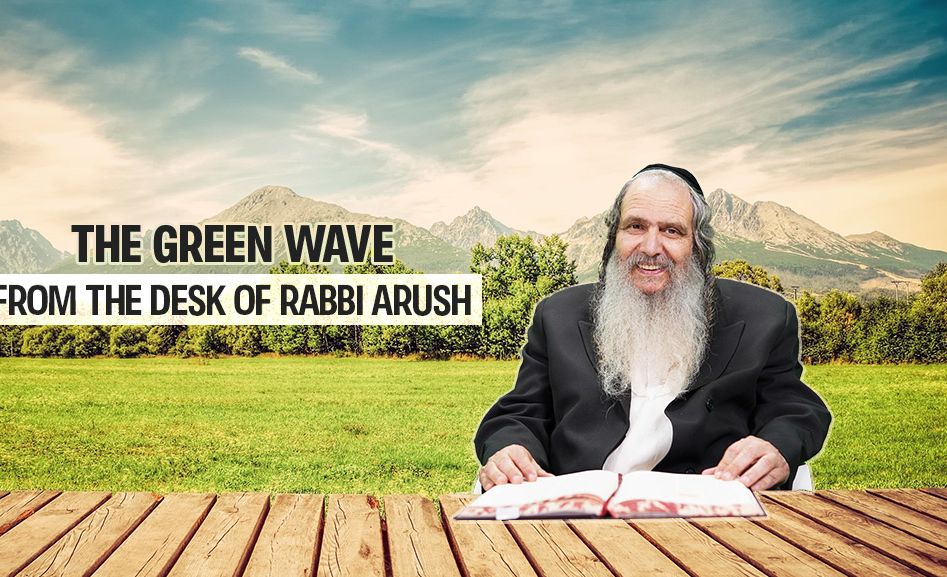
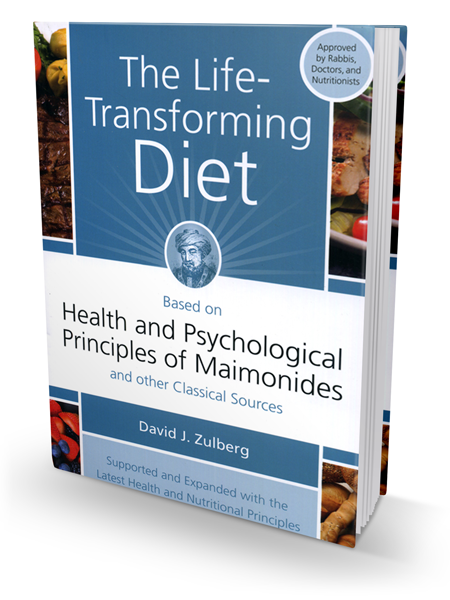


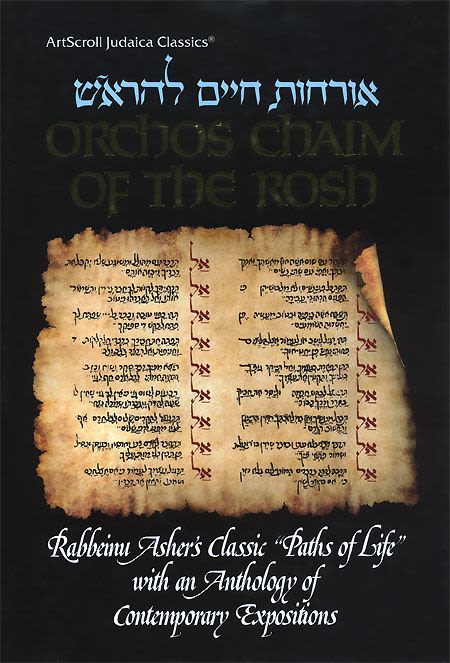
7/24/2024
Powerful. Simple yet absolute unequivocal truth